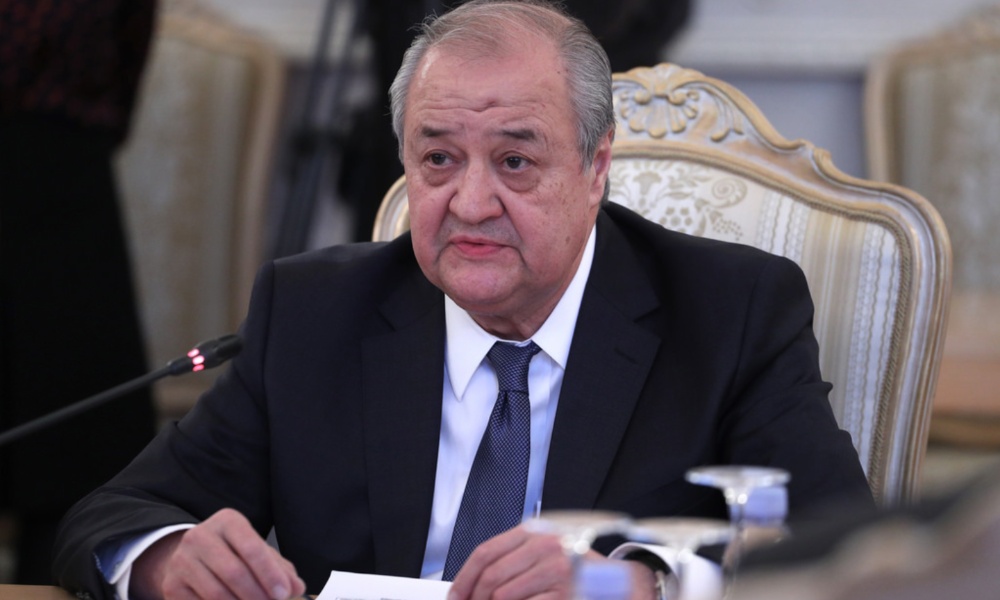Uzbekistan continues to follow a pragmatic and principled approach in its relations with Afghanistan, advocating for international dialogue with the Taliban rather than rushing to formal recognition.
This was underscored by Abdulaziz Kamilov, Deputy Secretary of the Security Council and Special Representative of the Uzbekistan President for Foreign Policy, in a recent interview with Ishonch.uz.
Kamilov clarified that Uzbekistan’s stance is not about immediate recognition.
“It’s not about whether we recognize them or not. Recognition will come in time — but only in coordination with the international community, especially the UN.”
He emphasized the deep historical and cultural ties between the Uzbek and Afghan peoples, noting shared heritage through figures like Al-Biruni, Navoi, and Babur.
As a symbol of goodwill, he cited the Taliban donation of white marble from Herat for the restoration of the Imam al-Bukhari Memorial Complex in Uzbekistan.
“This gesture shows our spiritual closeness. What other country would do that?”
Kamilov argued that Afghanistan, having endured over four decades of war, needs support—not external pressure.
“Foreign powers came, destroyed, and dictated how Afghanistan should be run. But what this nation needs now is help, not judgment.”
He also pointed out that Uzbekistan had long encouraged the previous Afghan government to engage with opposition forces. When those efforts were ignored, Uzbekistan prepared for alternative outcomes by initiating dialogue with the Taliban — an approach that is now being recognized by other countries seeking similar access.
Kamilov called for inclusive dialogue involving Taliban representatives in international forums.
“A one-sided dialogue is meaningless. They must be heard, whether we agree with them or not.”
Drawing a parallel to Yasser Arafat’s transformation from global pariah to peace prize laureate, Kamilov concluded: “When one person experiences trauma, we send help. Afghanistan is a nation traumatized by decades of conflict. It needs professional support and genuine engagement.”




